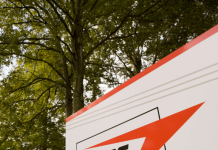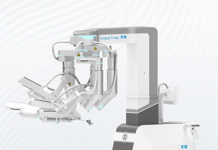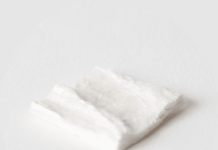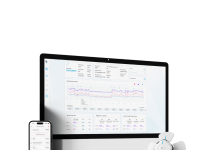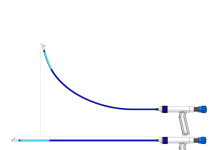Matia Mobility has received the Centers for Medicare & Medicaid Services’ (CMS) Healthcare Common Procedure Coding System (HCPCS) code for the Tek Robotic Mobilisation Device (RMD).
With this development, standing mobility will become more accessible for those with walking disabilities, offering them new opportunities for independence and enhanced well-being.
Related: FDA clears tissue scanner from SamanTree Medical
The Tek RMD is now covered by Medicare, commercial insurance, and the US Veterans Administration, marking a significant advancement in mobility solutions.
The device enables users to stand and move at eye level, facilitating participation in everyday activities and improving both physical and mental health.
Standing mobility is known for its health benefits such as improved circulation and digestive functions, as well as reduced muscle atrophy and enhanced bone density.
These are particularly important for those who spend prolonged periods seated. Mentally, the act of standing can empower individuals, reducing the psychological and emotional strain associated with wheelchair use.
The ability to stand at eye level allows individuals to perform activities of daily living (ADLs) with greater ease. The Tek RMD supports users in various tasks, from household chores to professional engagements, offering them newfound independence.
This is especially meaningful for veterans and those with service-related disabilities, providing them with a level of freedom.
With the HCPCS code now in place, the Tek RMD is more accessible to individuals nationwide, with financial barriers reduced.
The device’s inclusion in Medicare and support from major commercial insurers underscores the commitment to improving the lives of those with mobility limitations.
Matia Mobility CEO Steven Boal said: “Receiving the HCPCS code from CMS means more people will have access to the life-changing benefits of the Tek RMD.
“Whether through Medicare, private insurance, or VA benefits, our goal is to help as many individuals as possible reclaim their independence and improve their quality of life.”


